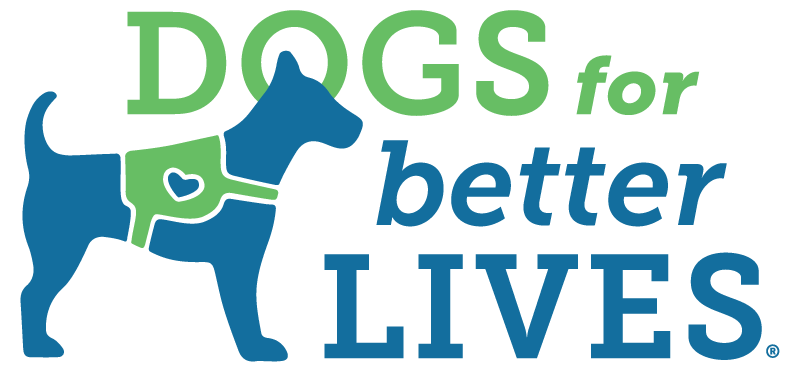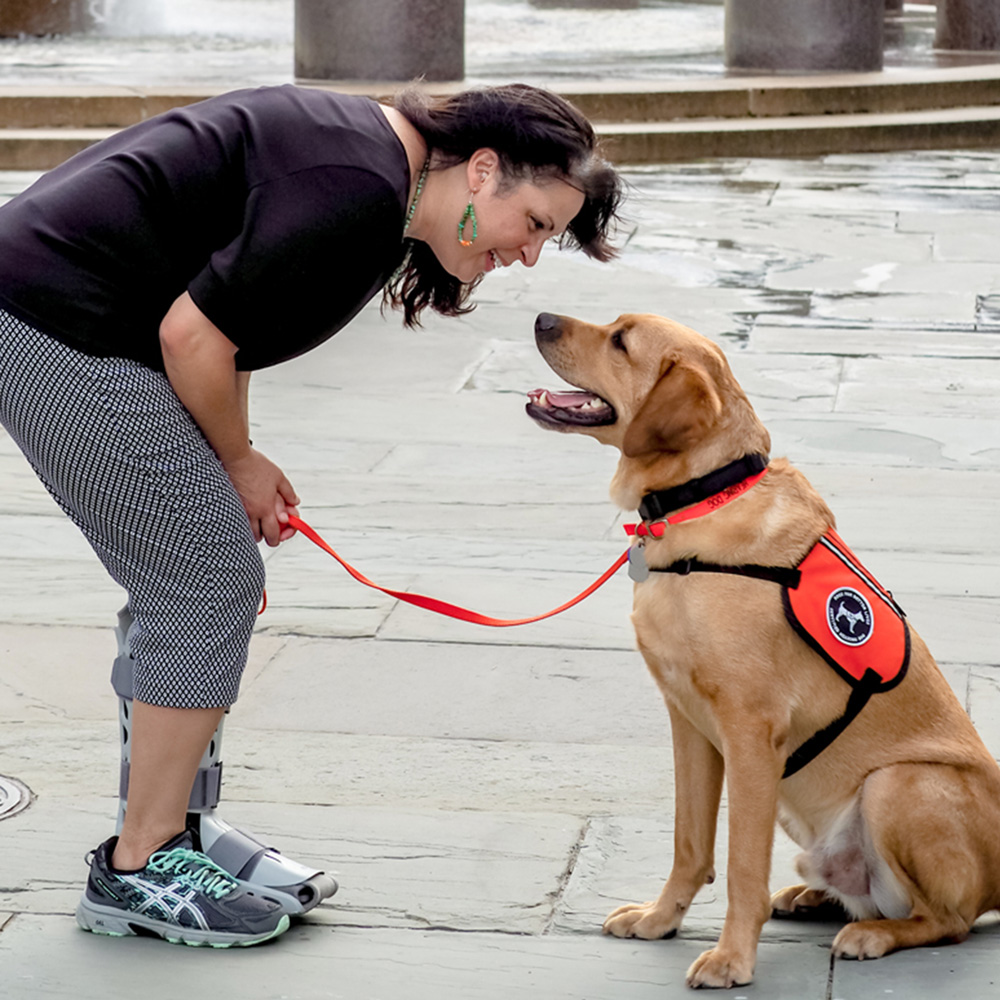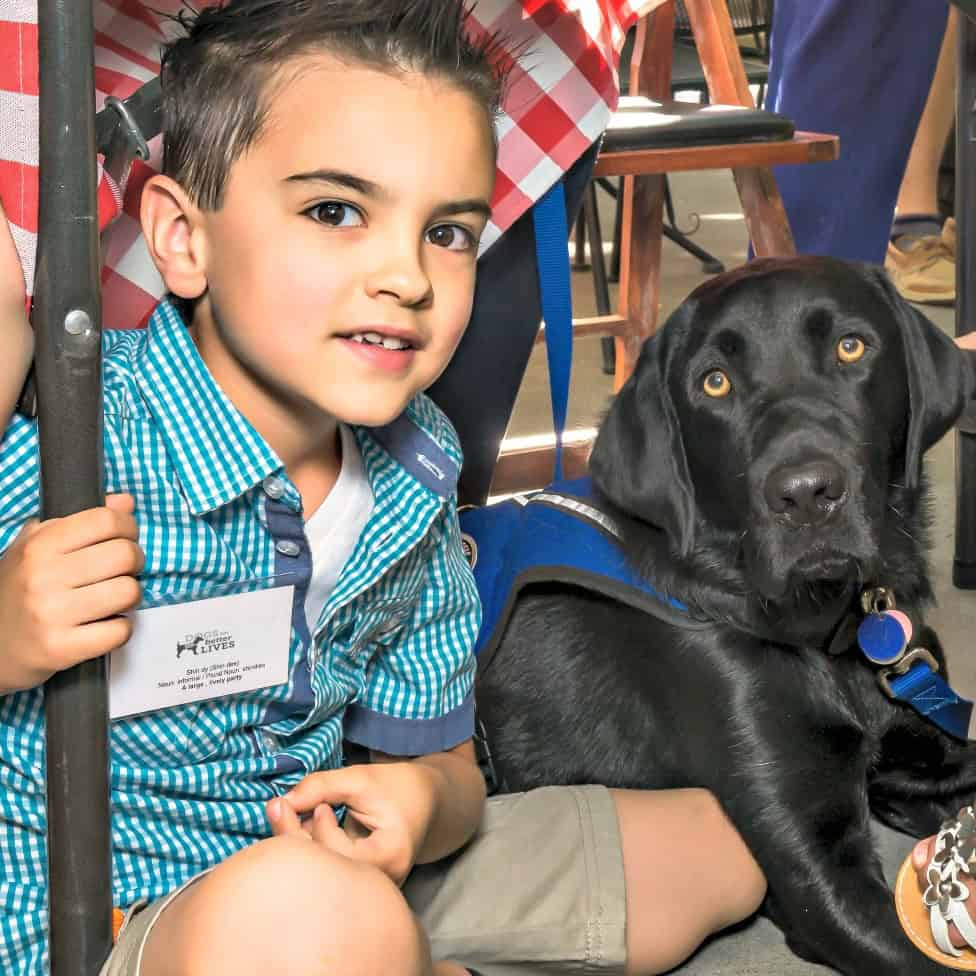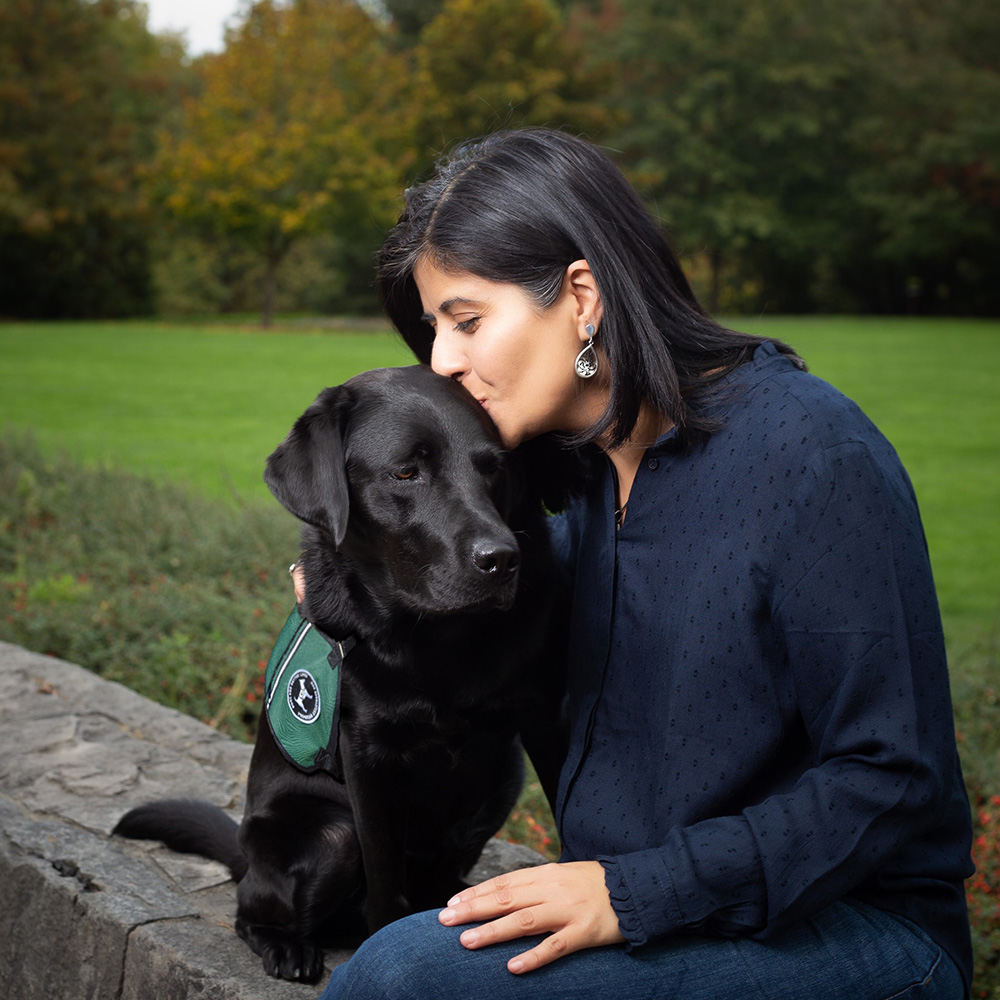CENTRAL POINT, OR – In early July, Dogs for Better Lives (DBL) received Charity Navigator’s highest level 4-star rating for a record ninth consecutive year. This 4-star rating is the highest mark a 501(c)3 nonprofit can receive from Charity Navigator, America’s largest and most respected independent charity watchdog. DBL is currently one of only three Service Dog organizations in the United States to receive this highest rating for nine or more consecutive years.
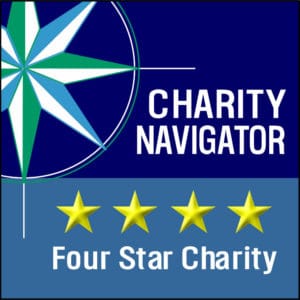
For the 9th consecutive year, DBL receives top 4-star rating.
“This recognition at the highest level is especially meaningful to us, as it demonstrates DBL’s adherence to best practices for fiscal stewardship while executing our mission in a financially efficient way,” stated CEO, Bryan Williams. “Just 10% of the 10,000+ nonprofits reviewed annually receive this 4-star rating, which speaks volumes for how well DBL stewards our donors’ dollars.”
Dogs for Better Lives’ mission is to professionally train dogs to help people and enhance lives while maintaining a lifelong commitment to all dogs we rescue or breed and the people we serve. As an award-winning nonprofit, DBL is focused on rescuing, breeding, professionally training, and nationally placing Assistance Dogs at no cost to clients. Currently DBL places in three programs; Hearing, Autism, and Facility Dogs.
“Charity Navigator has always been a trusted and valued resource in our charitable giving decision-making process,” stated Powell Foundation Trustee, Marita Powell. “It led us to DBL, and we’re proud to be affiliated with an organization that repeatedly meets the high standards of a 4-star Charity Navigator rating. We have complete confidence that our grants are used wisely to further DBL’s important mission.”
With more than 1.4 million nonprofit organizations in the United States, nearly 10,000 nationally have been evaluated by Charity Navigator. In 2022, there were 3,750 nonprofits that received the highest rating of 4-stars from the national watchdog.
“Based on DBL’s consistently high-level ratings, people continue to trust that their meaningful donations are going to a financially responsible and ethical charity when they decide to support DBL,” noted Board Chairman, David Hollingsworth. “We know that our donors are doing their due diligence, referencing Charity Navigator as one of their key resources in their decision to support DBL.”
In early 2020, DBL announced that 100% of donations would go towards programmatic services. This approach still applies today thanks to the generosity of our Guardian Society donors over the years. The annual interest from DBL’s endowment of more than $10.2M, covers administrative overhead and fundraising moving forward. The Guardian Society is made up of donors that have placed DBL in their estate plans and committed to supporting the organization upon their death.
This is a model that many top tier nonprofits are moving towards. Donors wish to see their philanthropic support going directly towards key programs that align with the organization’s mission. Understanding that administrative overhead and fundraising for the mission is also critical to what DBL does, paying for it is just as important.
“All nonprofits with paid staff need to find creative ways to cover administrative and fundraising expenses,” stated Vice President of Development, Harvey Potts. “Being able to tell our valued donors that 100% of their donations are going towards programmatic services is further helping to fulfill our mission enables us to be even better stewards of their dollars.”
Since 2002, using objective analysis, Charity Navigator has awarded only the most fiscally responsible organizations a 4-star rating. In 2011, Charity Navigator added 17 metrics to its ratings methodology that focused on governance and ethical practices as well as measures of openness. These Accountability & Transparency metrics account for 50 percent of a charity’s overall rating and reveal which charities operate in accordance with industry best practices. In June 2016, the methodology for rating each charity’s’ financial health was upgraded with CN 2.1. These enhancements further substantiate the financial health of four-star charities.
